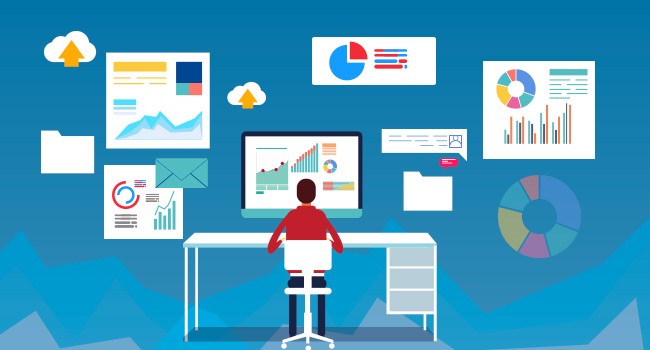
How Artificial Intelligence will transform work routines
Companies and professionals are becoming increasingly optimistic about the use of Artificial Intelligence (AI) at the workplace. 56% of the employees consider the application of artificial intelligence technology to automation and analytics systems as something positive, according to recent data from MetLife 16th Annual Benefit Trend Study for Employees. Among employees, 49% of the respondents were in favour of automation.
This inclination to implement AI at the workplace is endorsed by the actual and potential benefits of its application, both for the company and the employee. In fact, 83% of the companies states that the application of artificial intelligence is generating employment, according to the report Turning AI into concrete value: the successful implementers’ toolkit, by Capgemini. In the case of Spain, this figure is 94%.
Two challenges for Artificial Intelligence
It is necessary to carry out an intensive internal training work to facilitate the adoption and growth of AI solutions and the automation in the company. Companies must show potential users the available solutions, the new capabilities provided by AI, the evolution of workflows and the value of data-driven decision-making. Beyond technical knowledge, professionals are expected to understand the scope of innovative technologies, as well as their business applications.
Another challenge companies face when applying AI in their processes is the quantity and quality of data collected and processed, as well as their integration into multiple platforms. To achieve a high level of cognitive computing, it is essential to have a comprehensive and reliable database that ensures algorithms work on the adequate information. In addition, to have access to advanced analytics, it is necessary to have a common data model that carries out a unified management and synchronises the applications and the different data sources and formats.
Multiple benefits of Artificial Intelligence
If companies overcome the initial challenges arising from the implementation of AI at the workplace, they can achieve several benefits:
Facilitating access to useful company data
Firstly, the use of artificial intelligence allows you to realise the full potential of the data by not spreading them to different locations, but storing and processing them as a whole, which helps in extracting better knowledge. In addition, data analytics and visualisation systems will make it increasingly easy to understand such data. This will allow the making of more accurate and intelligent decisions while reducing the margin of error and increasing the chances of success.
Getting to know the company and the people better
The use of artificial intelligence will not be limited to data and business development, but it can also be used to predict human relationships success. Things that until now would require a direct personal experience, may be solved using bots supplied with AI systems. This offers a clear benefit to choose the best candidates for specific positions and facilitate the work of the human resources department. It may also be useful when creating teams, since it would allow to select the members who are more compatible with each other, thus enhancing their work.
Optimising working time
Artificial intelligence is regarded by companies as a tool that can help by reducing their professionals’ working hours used performing routine and administrative tasks. This allows them to devote those resources to perform added value activities that require purely human capabilities, such as developing innovative ideas for the company. That is to say, they are provided with more tools to develop their abilities, resulting in an improvement of their performance.
Improving customer experience
As we have just seen, the use of automation in repetitive processes releases professionals to move higher up in the value chain to develop more valuable tasks, such as offering a more personalised and unhurried customer service to deliver a differentiated customer experience. As companies take advantage of the automation potential to complement their teams, resolution speed and service quality will increase. These experiences prove that the combination between professionals and machines work offers superior results compared to independent work

